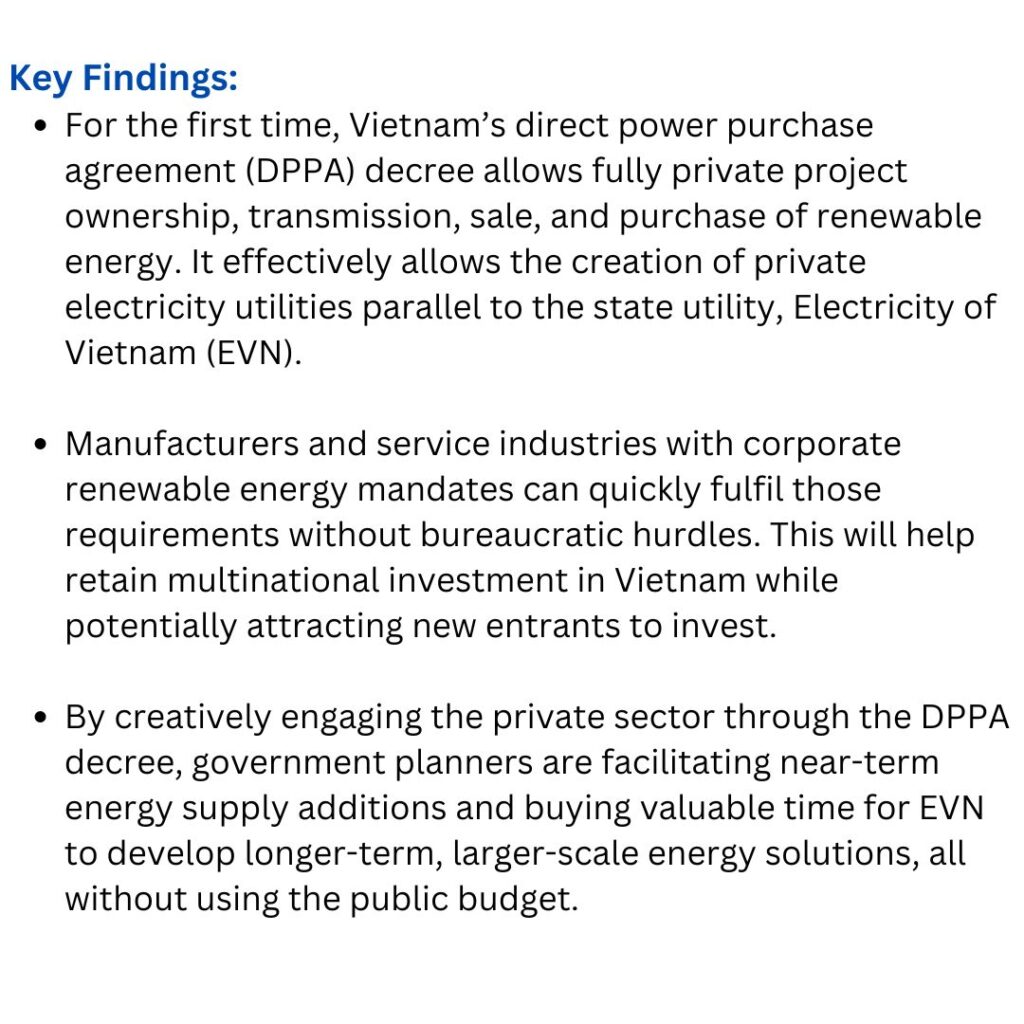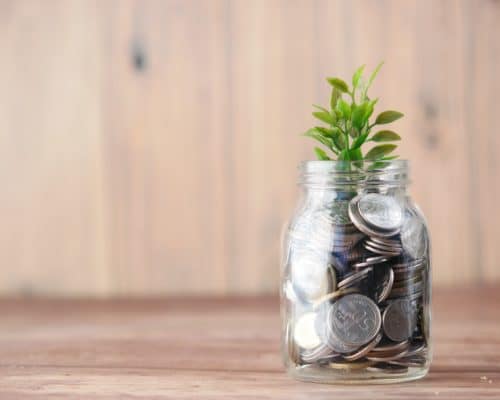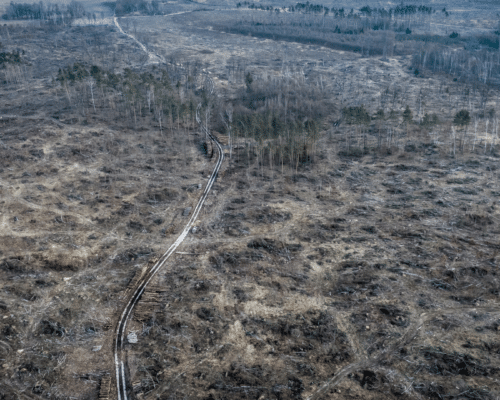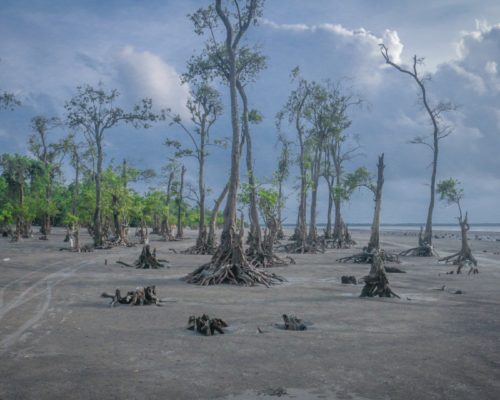Vietnam’s Direct Power Purchase Agreement (DPPA) Decree Could Catalyse a New Era for Renewable Energy [Op-Ed]
Photo: Shutterstock / Allexxandar
06 August 2024 – by Grant Hauber
On July 3, 2024, the Government of Vietnam issued its long-awaited decree permitting direct power purchase agreements (DPPAs) for renewable energy between private project developers and private energy consumers. An extraordinary feature of the decree grants permission for entirely privately developed, owned, and operated transmission lines. This provision could allow the development of large-scale solar or wind farms at remote sites to supply industrial consumers directly. This landmark legislation could ignite a new wave of rapid renewable energy development in Vietnam.
Key Features of the DPPA

The policy creates two new approaches for the private development of renewable energy capacity:
- Wheeling model: In this approach, a private renewable developer constructs and generates electricity at its site. The electricity is sold at wholesale market prices to the state utility, Electricity of Vietnam (EVN). EVN then transmits the power through its grid network to a private buyer who has contracted to purchase the supplied capacity.
- Fully private model: In this approach, the private sector develops and owns renewable energy generation facilities. The energy is sold to a private sector consumer through a contract, and delivered via private transmission connections directly between the generator and the buyer.
The policy applies to large-scale consumers, defined as any end-user connected to a 22 kilovolt (kV) supply line and using over 220 megawatt hours (MWh) per month. Many consumer groups would qualify, including individual industrial consumers and the aggregated demand within industrial parks.
A parallel decree issued on July 11, 2024, allows uncontracted excess energy generated from privately developed projects, up to 10% of the total output, to be sold to EVN at predetermined, discounted rates. The EVN wheeling model seems oriented towards consumers who want access to renewable energy but may be located in densely developed areas where creating private transmission may be impractical.
The fully private model is the most revolutionary aspect of the law, creating effectively private utilities that can generate, transmit, and supply electricity to customers without involving EVN. This model allows private companies full control over renewable energy project development, enabling them to bypass the challenges of negotiating with the national utility. As a result, project implementation time is significantly reduced, and clean energy can be delivered faster. Businesses will encounter fewer limitations in designing, financing, constructing, and operating these ventures, paving the way for gigawatts of new renewables to quickly come online.
Robust Economic Benefits for Vietnam
The DPPA policy addresses several challenges.
Firstly, Vietnam wants to keep its industrial sector supplied with energy sufficient for GDP growth of 5% – 6% per annum. EVN has struggled to establish projects for all consumer segments across generation, transmission, and distribution. The DPPA decree mobilises the private sector to help close that gap.
Secondly, this policy will help Vietnam retain multinational manufacturers and service companies with corporate renewable energy mandates. Globally, major data centre operators such as Google’s parent Alphabet, Microsoft, and Amazon Web Services are among the largest corporate renewable power purchase agreement (PPA) signatories. Vietnam’s new Telecommunications Law, adopted July 1, 2024, now permits 100% foreign ownership in data centre infrastructure. Combined with the DPPA decree, such companies may seek to invest in new facilities supplied with 100% green energy.
Thirdly, providing impetus to Vietnam’s renewables development can help stabilise energy costs. Over the past two years, the extreme volatility of coal and LNG import markets troubled price-sensitive government planners. Renewables, with their fixed up-front expenses and zero fuel costs, protect against fuel price volatility. Additionally, with the majority of Vietnamese renewable energy development being funded by local companies and banks, exchange rate risk on power sold could be minimised or eliminated.
Finally, given Vietnam’s commitment to net zero made under the July 2022 National Climate Change Strategy, adding substantial amounts of clean energy under DPPAs will help reduce the economy’s carbon intensity.
DPPAs Could Help Address Energy Planning Challenges
This law holds the potential for rapid capacity addition. With the country experiencing rolling blackouts last year against a backdrop of spiking demand and low hydroelectricity output, the new policy can quickly address supply deficits.
Energy sector planners in Vietnam have struggled for years to meet future demand growth cost-effectively. The Power Development Plan VIII, released in May 2023, was delayed for about three years as successive energy supply approaches met untenable hurdles.
When China ended financial support for cross-border coal plants, plans to add up to 30 gigawatts (GW) of coal-fired power generation capacity were hampered. Planners looked to liquefied natural gas (LNG) imports to fill the gap, but Russia’s invasion of Ukraine upended global energy markets, demonstrating the extreme volatility of imported fuel prices. Coal prices went from under US$50 per tonne to over US$400. Spot LNG, hovering at lows of US$2 per million British Thermal Units (mmBtu) in January 2022, quickly rose to all-time highs over US$50 per mmBtu. Inflation and exchange rate pressures impacted domestic natural gas reserve development, particularly sites in the Gulf of Thailand, where scattered gas pockets require hundreds of wells and related infrastructure, making high-cost development even more expensive.
Government planners in Vietnam are highly price-sensitive and avoid passing rapidly changing costs on to consumers.
Renewables to the Rescue?
Renewables are the fastest, cheapest fix to Vietnam’s supply and cost challenges. From 2017 – 2021, Vietnam’s private sector proved that local developers could add large amounts of renewable energy capacity in short periods. That development came at a cost due to high feed-in tariffs. Since then, costs of solar photovoltaic (PV) and onshore wind power have dropped considerably – with PV panel prices falling 80% since 2020 – holding the promise that newly developed green power could become the country’s lowest marginal cost source of energy.
The rapid renewables build-out exposed the electricity sector’s biggest challenge – transmission constraints. While large amounts of renewable capacity were added, grid strengthening lagged; a challenge that persists. Under the DPPA decree, the private-to-private transmission option permits developers to construct their lines, bypassing a constrained grid. Yet, provisions of the law require private developers to design, build, and operate those facilities to EVN’s standards, implying those new lines could be integrated with the national grid later.
The legal provision allowing EVN to purchase excess renewable power generated may help alleviate localised supply and grid constraints. Distributed renewable energy sources can back feed the grid across many points, supporting voltage stability, especially towards the ends of the grid.
Holistically, the new law can be considered revolutionary. The government has responded to industry demands for wider availability of cleaner energy and has created favourable conditions for rapid capacity addition. The prospect of direct private-to-private transmission addresses the challenges that incremental capacity additions could place on the EVN grid. Increased clean energy capacity reduces greenhouse gas emissions, supporting Vietnam’s environmental commitments. Engaging Vietnam’s private sector in renewable energy development gives EVN time to plan larger, national-scale interventions. All of this can be accomplished without any state budget allocation, making it a win-win for Vietnam and its power consumers
Grant Hauber is the Strategic Finance Advisor for Asia with IEEFA. He provides strategic advice on energy and financial markets for IEEFA’s Asia Pacific team. He emphasises the region’s emerging markets and provides insights to project finance, multilateral development institutions, and implementing the energy transition. Grant leverages his engineer and project developer background to objectively assess energy technologies, whether renewables, fossil fuels, or emerging sources such as hydrogen and ammonia.
About IEEFA
The Institute for Energy Economics and Financial Analysis (IEEFA) examines issues related to energy markets, trends and policies. The Institute’s mission is to accelerate the transition to a diverse, sustainable and profitable energy economy.
Disclaimer: The views and opinions expressed in this article are those of the author and do not necessarily reflect the official policy or position of Energy Tracker Asia







